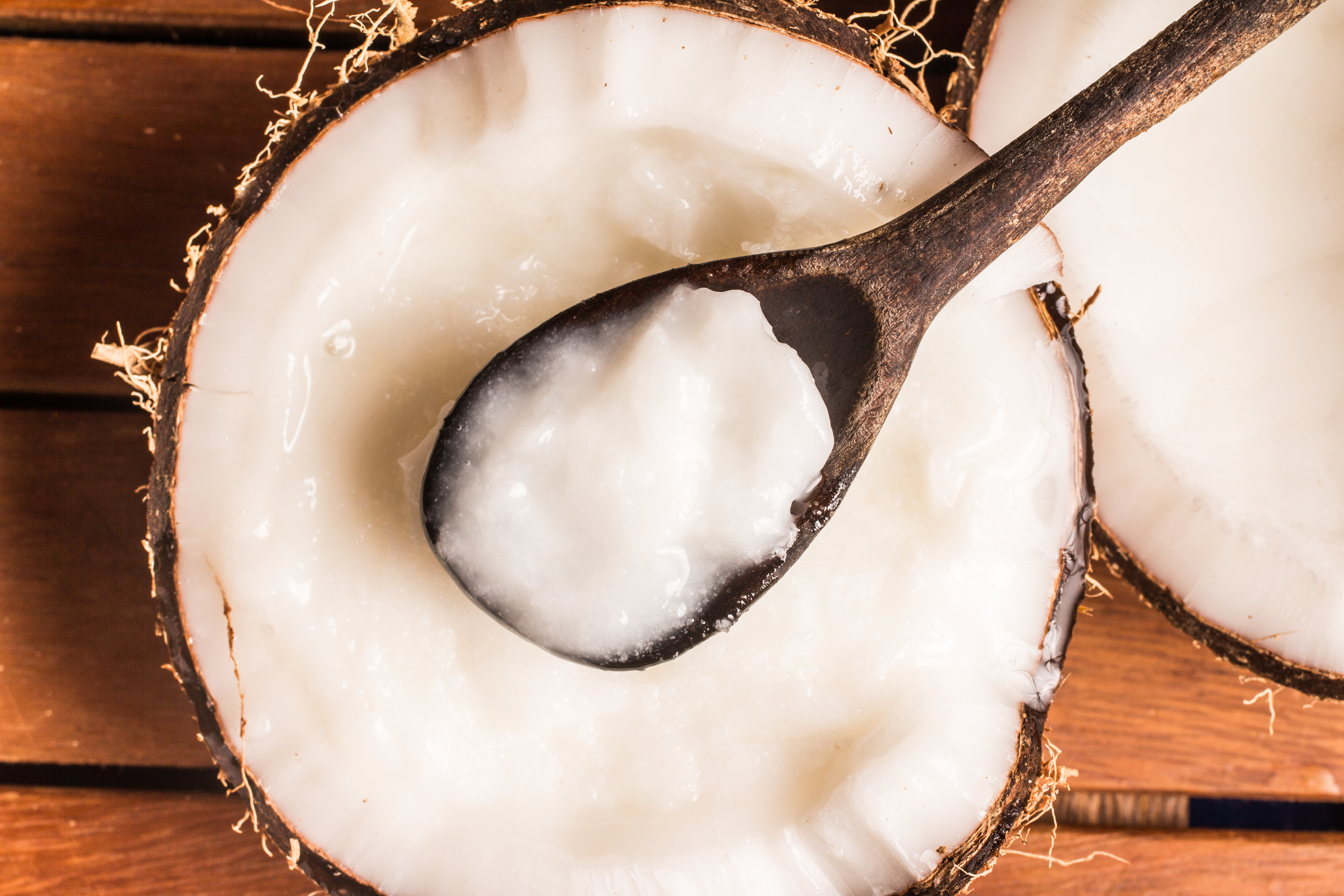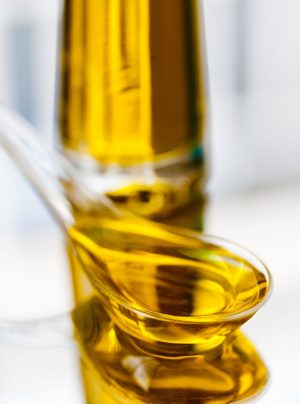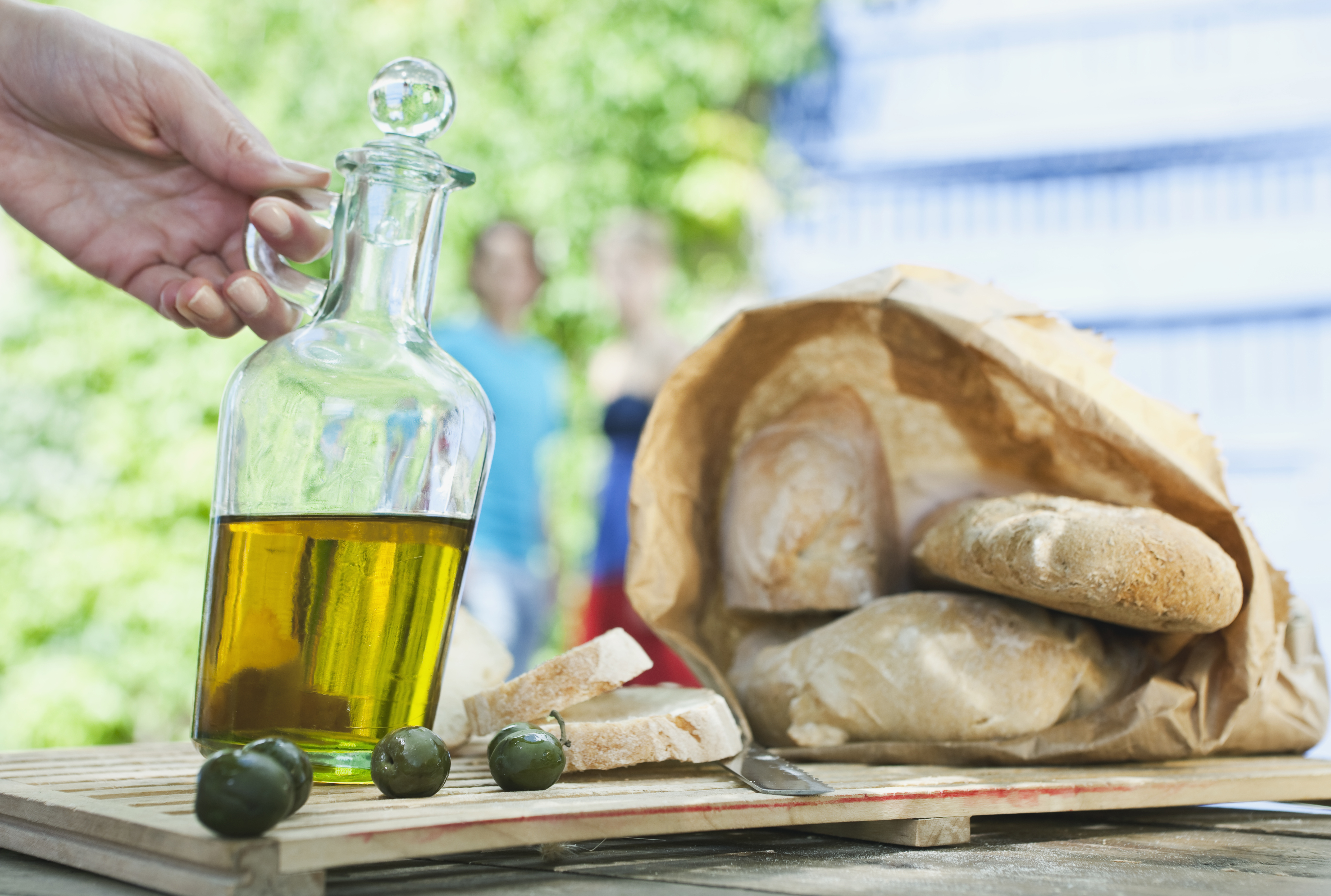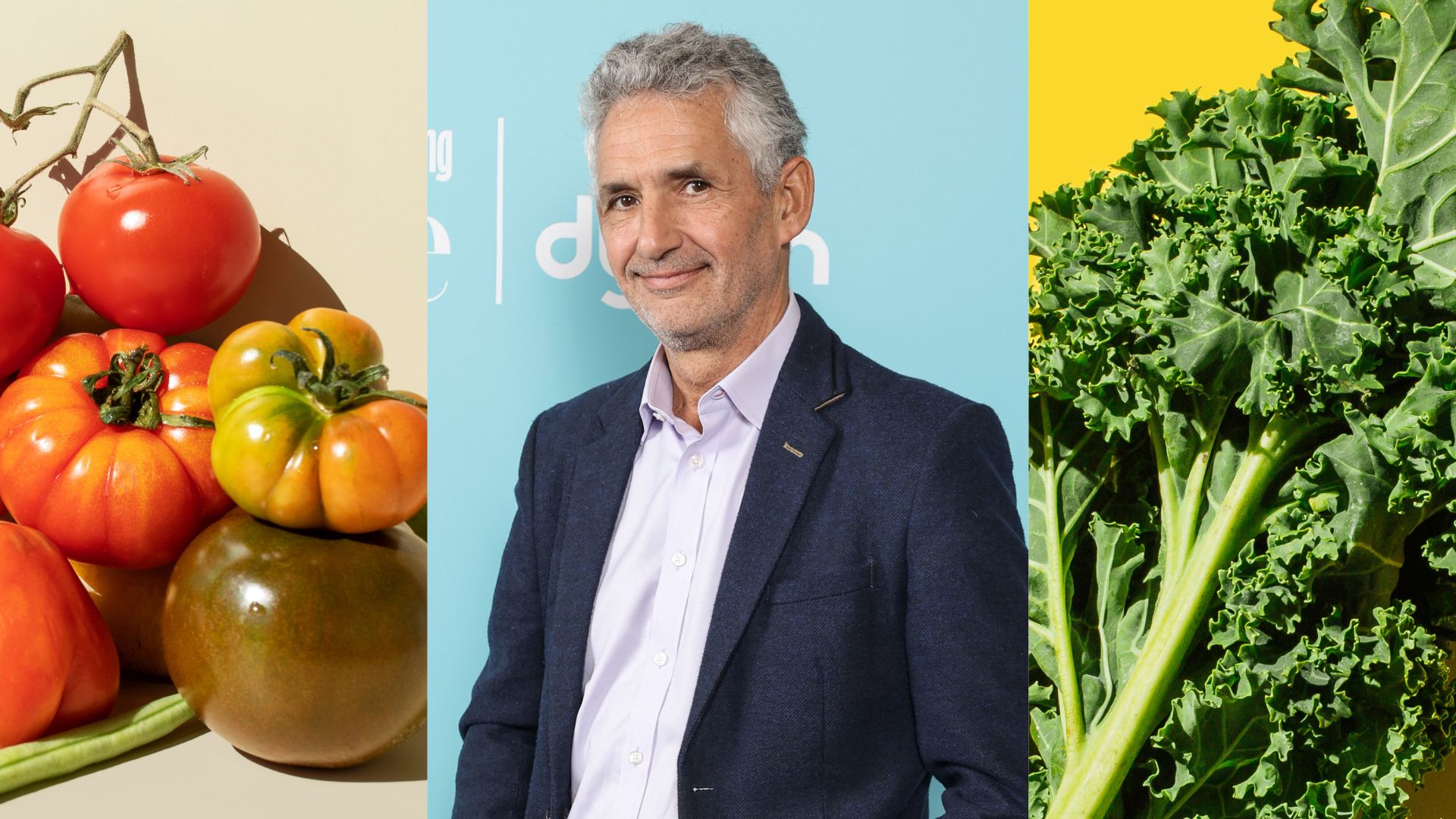What is the healthiest cooking oil?

If you want to know the best cooking oil for when you're trying to be healthy, here's our round-up of what to use and why.
We've been so afraid of fat in the past - and, by default, oils too - that it's difficult to embrace the message that it's OK to add the good-for-you kind to our diet.
Sure, you can splash the olive oil for just about everything, but are you missing out on a whole menu of flavours and nutritional benefits? Sadly, even good oils can behave badly, so smart choosing and using is key.
Here is our round-up of the best cooking oils - vital information when you're trying to be healthy...
Best oils for frying
Oils have a smoke point, and cooking past that point on too high a heat can release free radicals and toxic chemicals into your food. That, in turn, can cause inflammation and other problems in the body.
Keep it simple and safe by choosing the best for the job. According to nutritionist Cassandra Barns, the best oils for frying are coconut oil and ghee.
Ghee is clarified butter processed to remove anything but the fat, so it can be good for those with a dairy or lactose intolerance.
Sign up for the woman&home newsletter
Sign up to our free daily email for the latest royal and entertainment news, interesting opinion, expert advice on styling and beauty trends, and no-nonsense guides to the health and wellness questions you want answered.

Meanwhile, coconut oil has more medium chain fatty acids, which are easily converted into energy and less likely to be stored in the body as fat.
"I prefer to use either for frying or stir-frying," says Cassandra. "They contain primarily saturated fats, which are more stable and healthier for use at high temperatures."
Everyday cooking oils
Olive, avocado and cold-pressed rapeseed oils are the next best options. “If you want to use a liquid oil for cooking I would stick with these,” suggests Cassandra.
“They contain more monounsaturated fats, which makes them a bit more stable at higher temperatures than other seed and nut oils.”

She suggests you choose a light olive oil rather than extra virgin, as some of the benefits may be lost when heating the oil.
Oils not to cook with
Some oils are best naked - and that's when you get more nutrition bang for your buck. Downing a great plant oil daily will deliver the nutrients and anti-inflammatory benefits for heart and skin health.
Wellbeing expert Liz Earle, author of Skin, our favourite book on eating well and using oils, shows the way.
"Oils are most nutritious when unheated. I like to make sure I have a tablespoon of good-quality, uncooked oil every day," says Liz.This can be in a salad dressing, drizzled over vegetables or in a bowl of soup.

"One of my very favourite ways of enjoying a good olive oil is to pour some into a little bowl and then dunk in a hunk of good bread," says Liz.
Healthy oils and how to use them...
Hemp seed oil: With omega-3s, good for heart health, plus magnesium for energy and nerves. Rich and nutty, add it to your morning smoothie.
Pumpkin seed oil: Loaded with B vitamins and zinc, this gorgeous green oil makes a fabulous salad dressing.
Argan oil: With Vitamin E and said to be anti-inflammatory, this oil is best drizzled last-minute into tagines and couscous.
Walnut oil: Reckoned to improve blood circulation and heart health, this rich and nutty (as expected!) gem makes great salad dressings.
Chia oil: Rich in omega-3s and good for energy, thee tiny seeds make a great oil. Terrific in smoothies and dressings.
-
 All the lessons we've learned from Professor Tim Spector on optimising your health and wellbeing
All the lessons we've learned from Professor Tim Spector on optimising your health and wellbeingIf anyone's qualified to give us lessons on how to eat better, it's Professor Tim Spector - and these are his best lessons
By Grace Walsh Published
-
 How to charm your in-laws: the ultimate guide to keeping the peace
How to charm your in-laws: the ultimate guide to keeping the peaceDiscover how to strengthen your in-law relationships, one thoughtful gesture at a time
By Natalie Denton Published